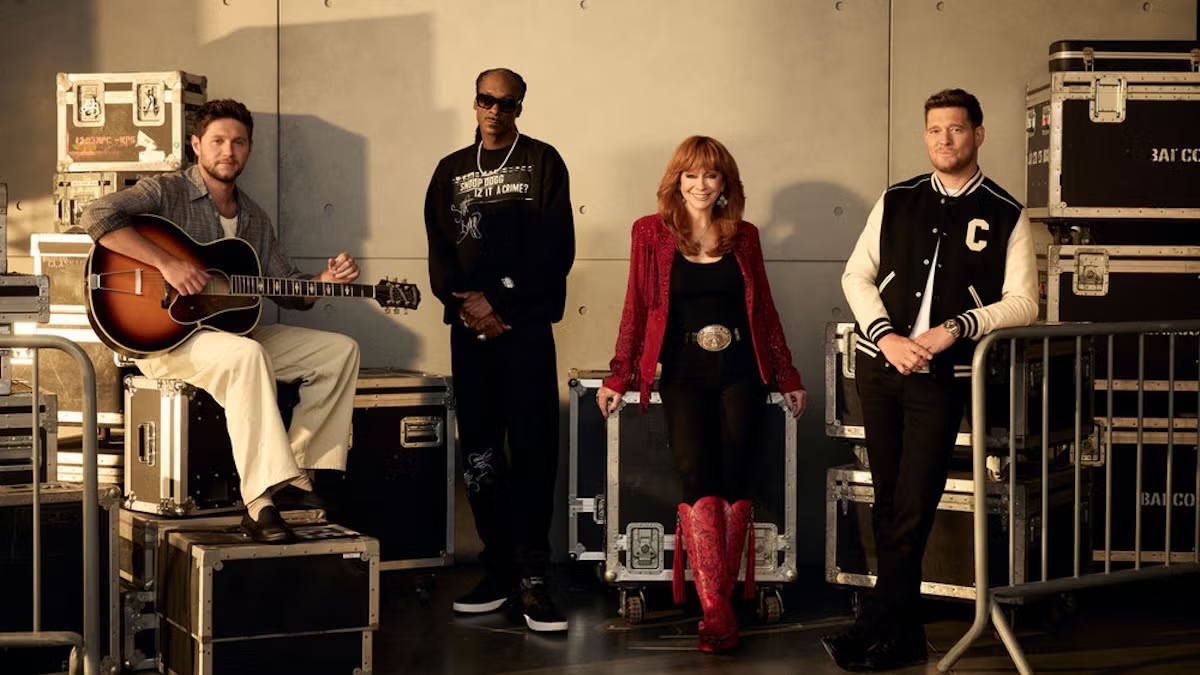Media Desk – October 1, 2025 — In a move that brought relief to millions of subscribers, NBCUniversal and YouTube TV have reached a short-term agreement, preventing a potential blackout of NBC-owned channels across the popular streaming service. The deal, described as temporary, buys both sides more time to negotiate the terms of a long-term carriage agreement, but it also underscores the growing tension between traditional networks and new-age streaming distributors.
A Standoff That Nearly Left Viewers in the Dark
The dispute came to a head as the previous distribution contract expired, creating the possibility that YouTube TV users would lose access to NBC’s wide range of programming. This includes NBC network shows, MSNBC, CNBC, USA Network, Bravo, Telemundo, and regional sports networks. Most critically, a blackout would have pulled Sunday Night Football—one of the most-watched weekly broadcasts in America—off the platform, enraging fans during the heart of the NFL season.
For NBCUniversal, the standoff was about securing fair compensation for the value of its content. The network argued that YouTube TV should pay rates comparable to what other providers offer, while YouTube TV positioned itself as a customer advocate, resisting what it characterized as rising costs that could lead to higher subscription fees.
The Power Struggle: Networks vs. Streamers
The deal highlights a deeper power struggle shaping the entertainment industry. Networks like NBC, long dominant in broadcast television, now face a streaming landscape where distributors—rather than traditional cable carriers—control how audiences access their content.
YouTube TV, which has surpassed 8 million subscribers, has positioned itself as a cord-cutter’s alternative to cable, offering live TV over the internet. But to remain competitive, it must balance two priorities:
- Affordable Pricing – Customers are increasingly sensitive to monthly subscription costs, especially with inflation driving up expenses in other areas of life.
- Comprehensive Content – Losing major networks could cause mass subscriber cancellations.
Meanwhile, NBCUniversal must weigh its desire for higher distribution fees against the risk of alienating viewers. If YouTube TV users suddenly lost access to NBC programming, many could shift to rival platforms—or simply cut ties altogether.
Sports at the Center of the Storm
The biggest flashpoint in the conflict was sports broadcasting. NBC’s rights to NFL Sunday Night Football, Big Ten college football, and Premier League soccer make its channels must-haves for sports fans. A blackout could have damaged not only YouTube TV’s reputation but also NBC’s ability to reach millions of viewers who consume sports primarily through streaming.
This explains why both sides faced immense pressure to avoid a blackout before the weekend’s NFL schedule. The risk of angering football fans—one of the most loyal viewer bases—likely played a decisive role in pushing the companies toward compromise.
What the Short-Term Deal Really Means
Although details of the temporary extension remain undisclosed, the agreement ensures NBC channels will remain available on YouTube TV for now. However, the short-term nature of the deal suggests that both sides remain far apart on key issues, and the risk of another showdown looms.
Key unresolved points include:
- Carriage Fees – How much YouTube TV pays NBCUniversal for each subscriber.
- Bundling Requirements – Whether NBC can insist that its streaming service (Peacock) be included in YouTube TV packages.
- Platform Control – YouTube’s desire to integrate NBC content directly into its interface, versus NBC’s insistence on maintaining control over its digital ecosystem.
Consumer Impact
For viewers, the standoff illustrates the growing pains of the streaming revolution. Once, cable customers faced similar disputes between providers and networks. Now, cord-cutters find themselves in the same cycle, where sudden warnings of blackouts and “last-minute saves” become increasingly common.
While many subscribers breathed a sigh of relief at the announcement, frustration lingers. The public nature of these negotiations—where customers are repeatedly warned of looming channel losses—can create fatigue and distrust. Viewers often feel like pawns in a corporate chess match.
Industry-Wide Ripple Effects
This dispute will likely set the tone for future negotiations across the industry. Other networks and streaming distributors are watching closely to see how NBC and YouTube TV ultimately resolve their issues.
If NBC secures favorable terms, it could embolden other networks to push for similar compensation. If YouTube TV prevails in holding down costs, streaming platforms may gain leverage to resist rising carriage fees, potentially reshaping how traditional media companies approach their digital distribution.
Either way, the balance of power between old networks and new digital distributors is still being written—and the outcome will define the future of television.
The Road Ahead
For now, NBCUniversal and YouTube TV have avoided a major blackout. But unless a long-term deal is reached, subscribers could face another round of uncertainty in the weeks ahead.
The entertainment industry has entered an era where the traditional rules of cable no longer apply, and where each negotiation carries the potential to disrupt millions of households. As both companies weigh their strategies, one truth is clear: the future of television will be defined not just by what viewers watch, but by how corporate giants decide to deliver it.
















Leave a Reply